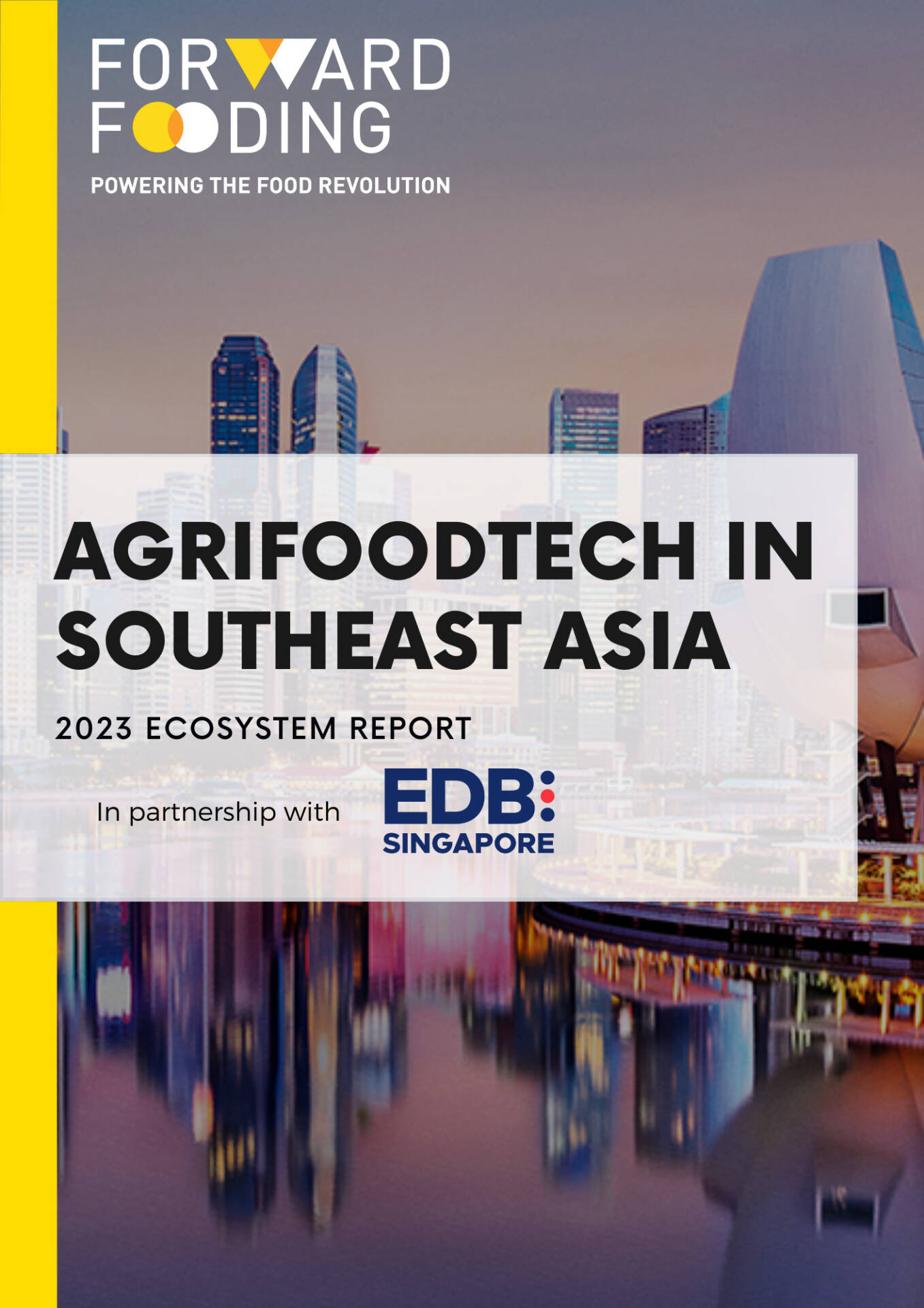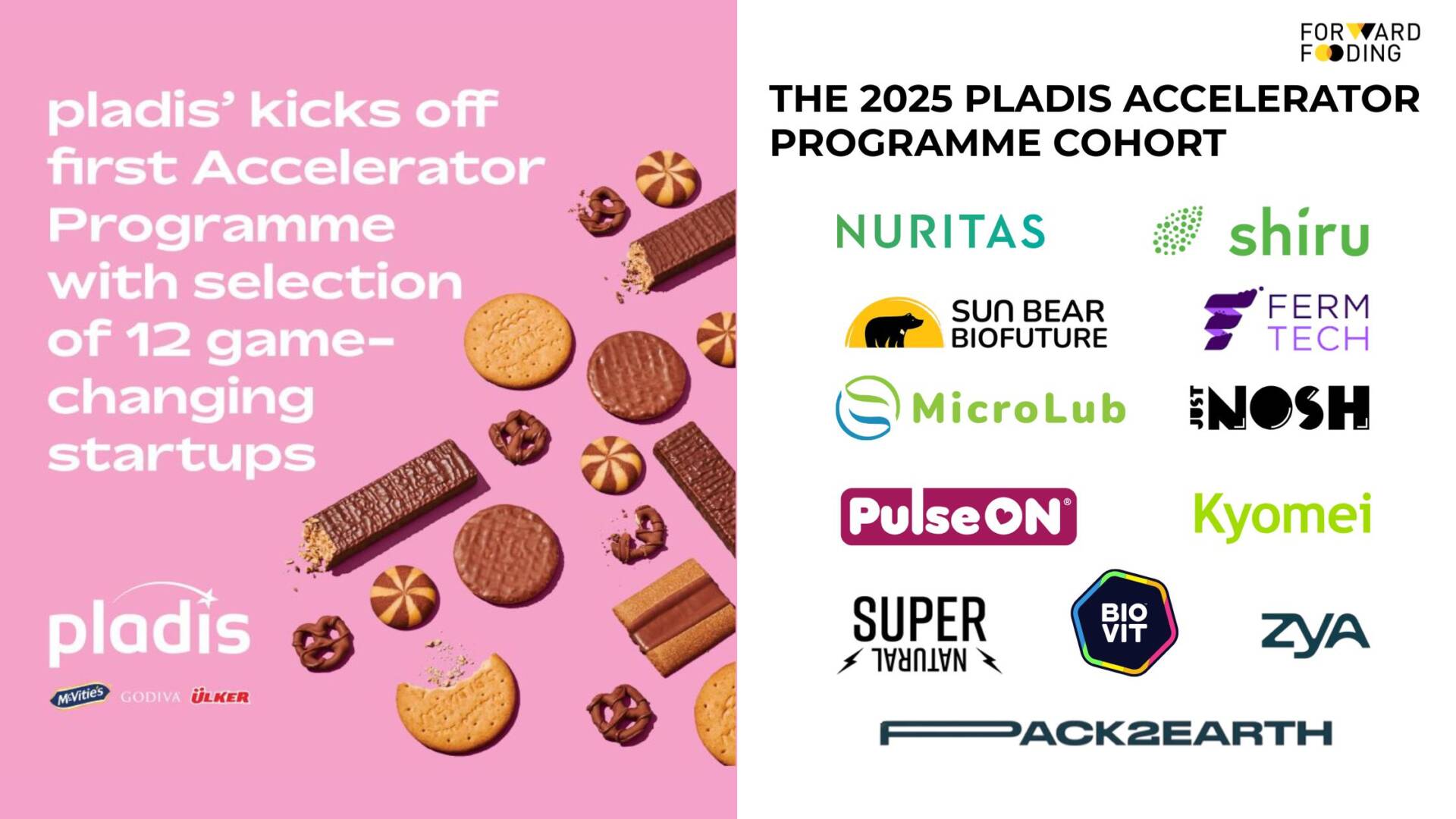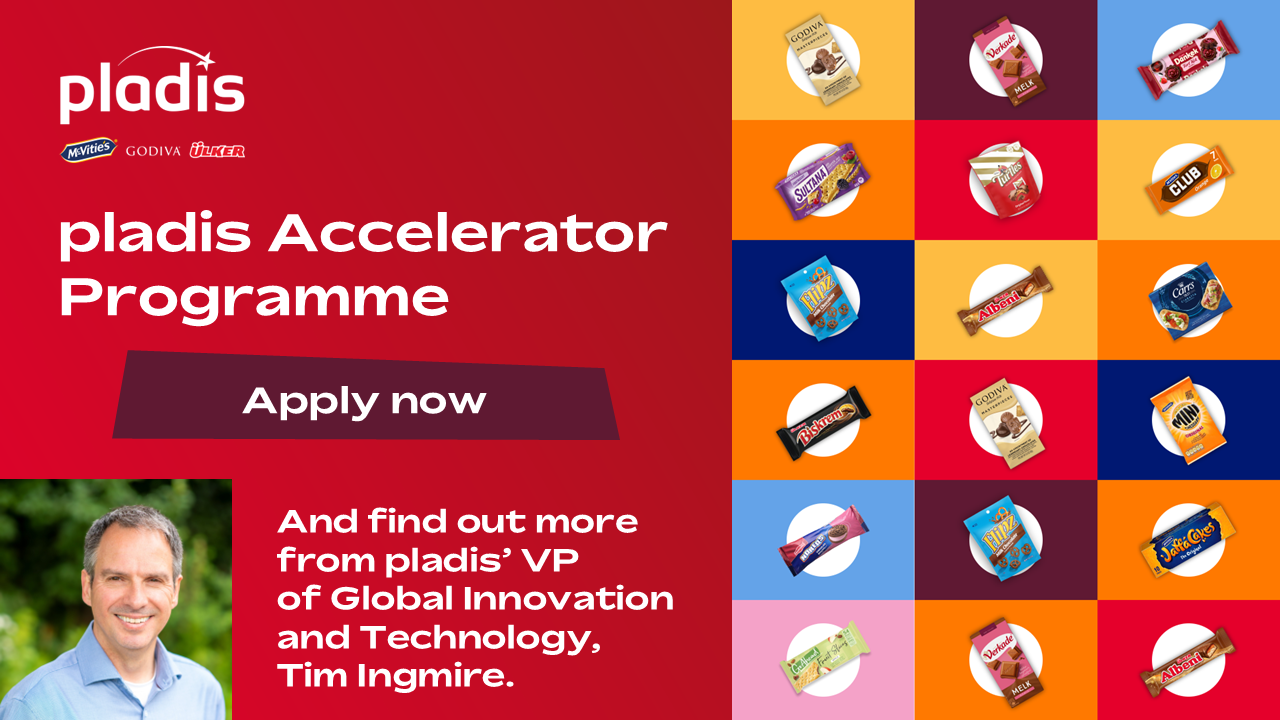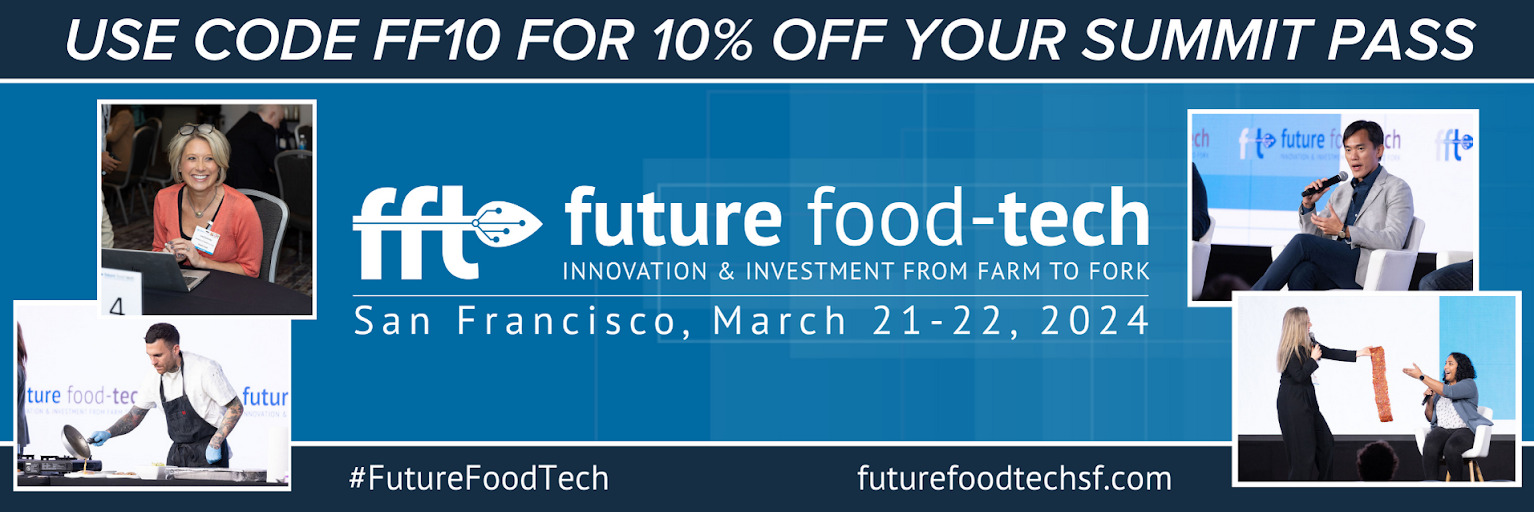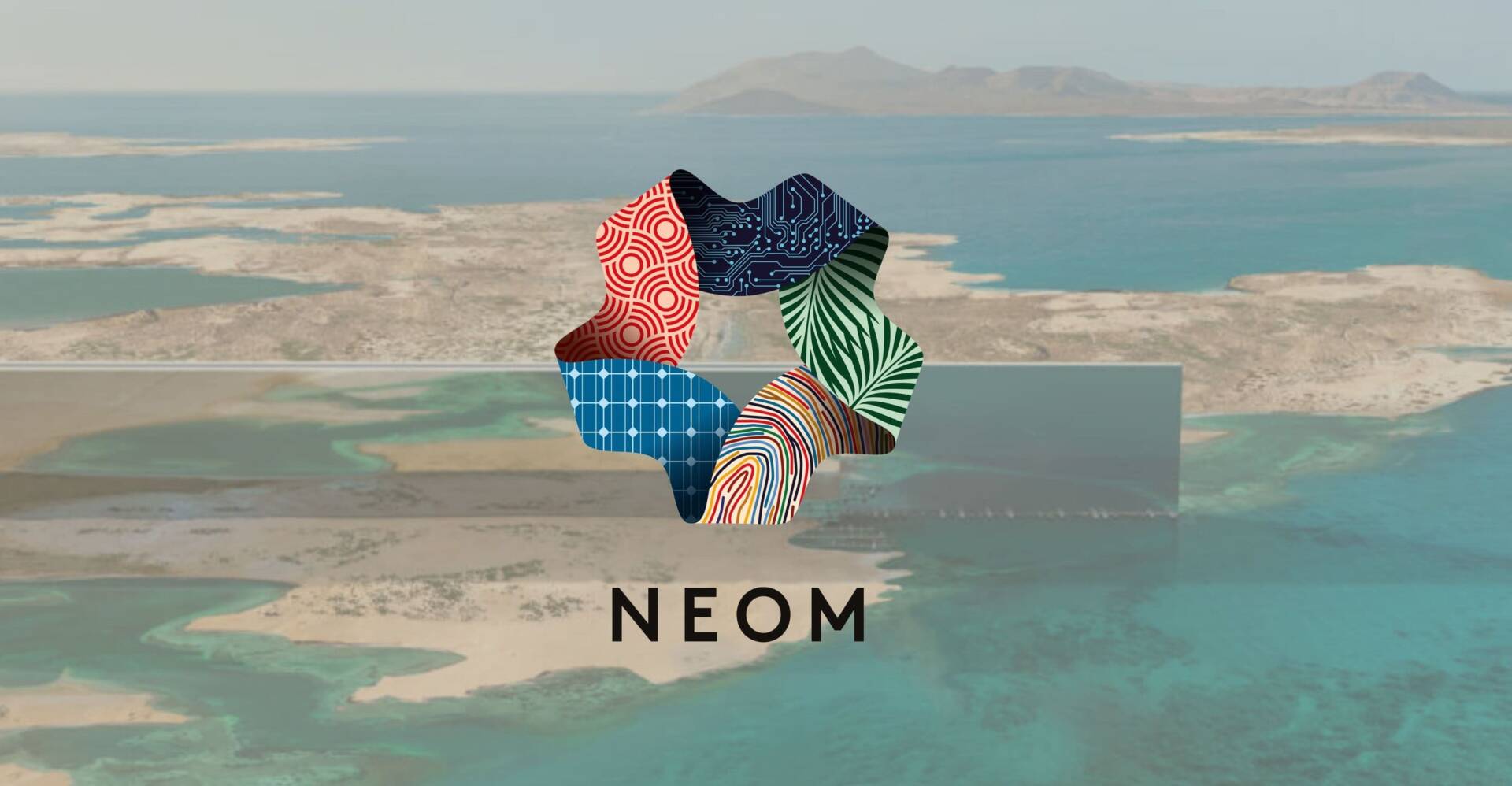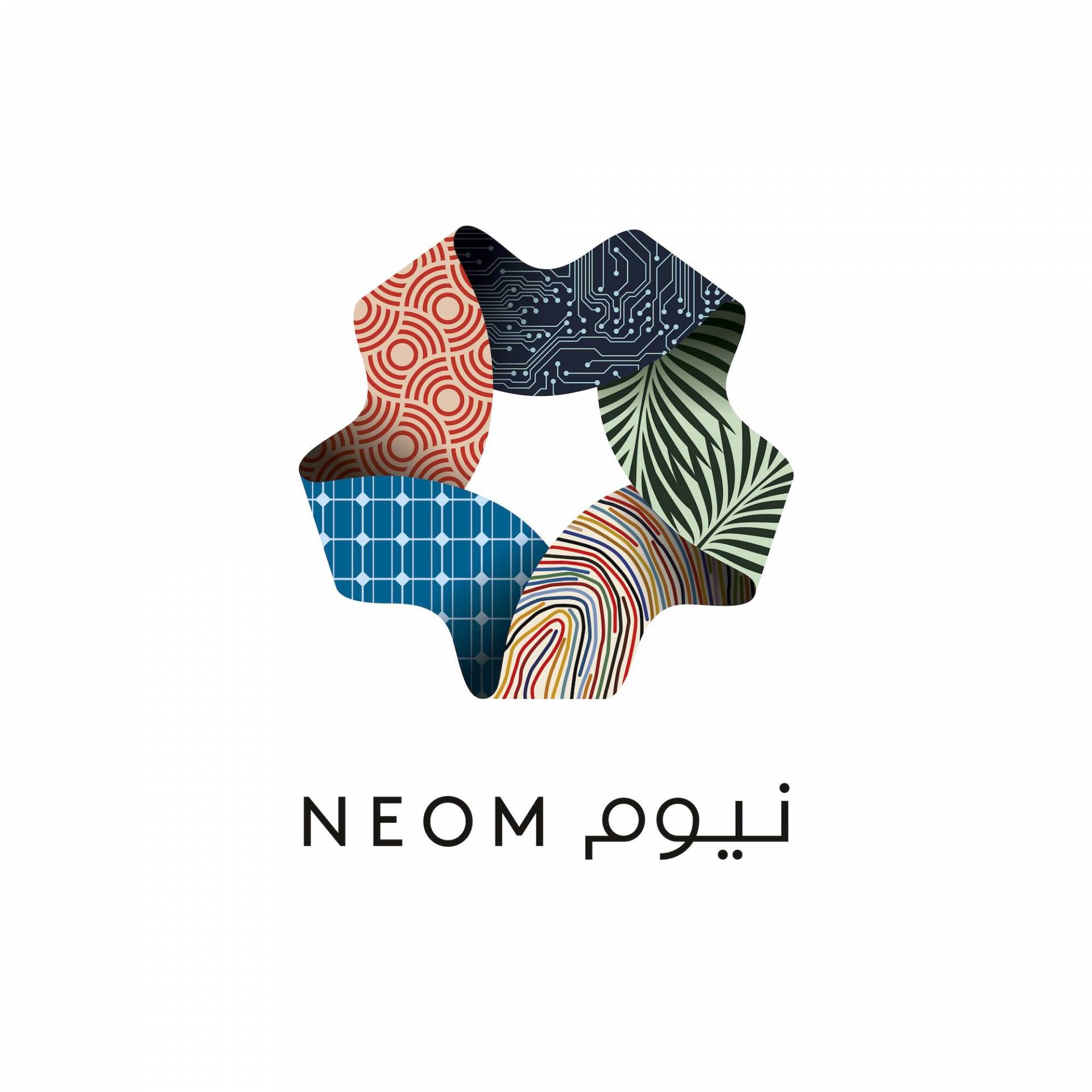FORWARD FOODING
THE BLOG
Meet Santiago from Garçon Wines, one of the FoodTech 500 winners
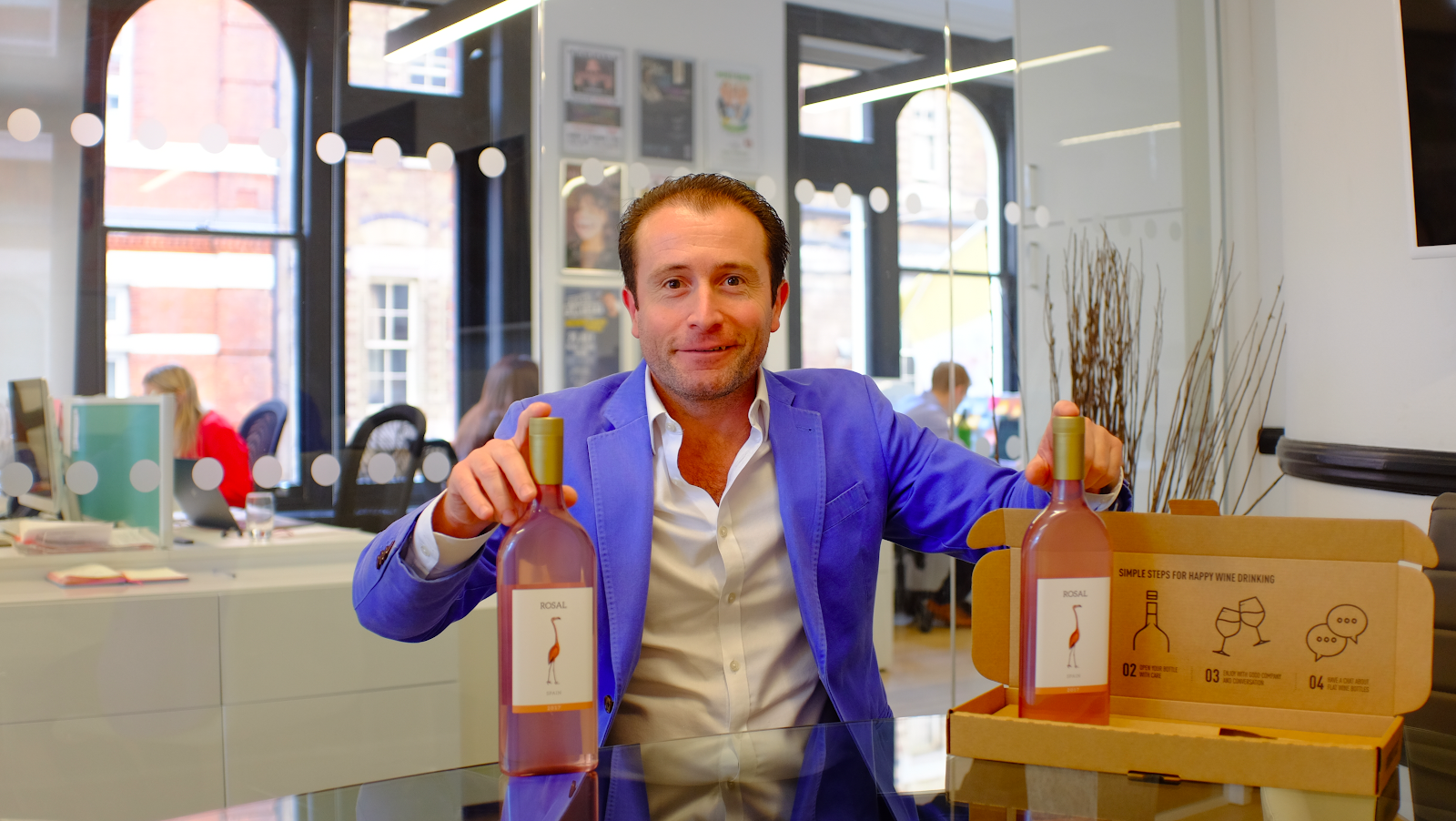
An interview with Santiago Navarro, founder of Garçon Wines, one of Forward Fooding’s top 500 Food Tech startups.

Santiago Navarro, founder of Garçon Wines
It’s time to put a face to the name…
We asked our FoodTech 500 top-runners to give us a bit of insight into how they started out as a company and their thoughts on the role of technology in the Food industry. Meet Santiago, founder of Garçon Wines, London-based inventors of sustainable wine packaging solutions: flat wine bottles made of 100% recycled PET, pre-existing material not single-use plastic. Let’s see what he had to say.
So tell us a little bit more about you! Where did the idea for your FoodTech company come from?
Santiago: Our FoodTech is more specifically a DrinksPackagingTech. We’re the inventors of eco, flat wine bottles – a unique flat design to save space and made from 100% recycled PET, pre-existing material not single-use plastic, to save weight & energy. The idea for Garçon Wines came from wanting to facilitate the seamless delivery of single bottles of wine into UK homes. A letterbox delivery model eliminates the environmental and financial costs associated with missed deliveries and responds to the needs of the ‘Amazon generation’, who are looking for more frequent deliveries of smaller volumes of product with the convenience of not having to wait in to receive the delivery. Other existing solutions like pouches or bag-in-box responded to the functional requirements but completely missed the experiential and emotional connection that consumers have with drinking wine from a bottle.
After much thought, we had the idea of flattening the most common bottle shapes in wine – the Bordeaux and Burgundy designs – and by doing so creating a solution that respects the heritage and tradition of the world of wine. By flat we mean a cross-section design of round, so at one angle it has the same profile shape but turned at 90 degrees it’s flat. Furthermore, after we received much interest and media attention for our innovative bottles, we realised that being a UK B2C wine subscription club offering letterbox delivery was just the tip of the iceberg. By flattening a wine bottle and using a sustainable material source, we’d come up with an innovation that improves the retailing, logistics, eco-friendliness and cost-effectiveness of wine and sets a new sustainable benchmark. So, we pivoted to be a multinational B2B wine packaging provider and wine wholesaler to support the wider ecosystem in becoming more sustainable.
How is tech central to your business?
Santiago: We believe there’s a misconception that ‘tech’ simply refers to hardware, software and IT systems. In fact, the definition of technology is actually much broader. In wine, no amount of smart software or IT will solve the problem of poor product technology and design. From my first wine start-up, which used the latest IT technologies to score wines based on their intrinsic quality and sell them through the digital channel, I’d had first-hand experience of how trying to create a 21st century e-commerce business in wine with a heavy, spatially inefficient, and fragile 19th century bottle, was like trying to fit a square peg into a round hole; it was not going to work. The methods to select and sell the wines were cutting-edge but were massively hampered by packaging that wasn’t fit for purpose. In fact, dealing with customer complaints for failed deliveries or broken bottles in transit risked being so unsustainable it would stop us from scaling.
When it comes to my current business, Garçon Wines, our view is that tech encompasses product advancement and innovation. As such, going through extensive research and development of the right materials and shape to be able to offer the biggest advancement to wine bottles in the past two centuries, and the first bottle in the wine industry made of 100% pre-existing PET (not single-use plastic) means that tech is absolutely central to our business. The technological advancements of a bottle that’s 87% lighter and 40% spatially smaller than a round, glass bottle of the same volume have huge implications when it comes to slashing logistics costs and carbon emissions for the supply chain and hugely benefit sales channels where space or weight are at a premium or glass is hazardous and impractical. Our planet is on fire, so we need to do all possible to slash carbon footprint.
Why do you think it’s important to see the food industry embrace tech?
Santiago: Put simply, tech will facilitate solutions to some of the key sustainability challenges that the industry is facing at all points throughout the value chain. At Garçon Wines, central to our eco, flat wine bottle is that it unlocks scalable, triple bottom line sustainability; that is, happier consumers, a wealthier industry and, most importantly, a healthier planet. Our planet is deeply unwell and the size and influence of the food, drink and agriculture industries in the global economy means these industries can lead by example in embracing new innovations and technologies to help mitigate a climate catastrophe, depleting topsoil, water scarcity and other environmental issues that are threatening the food ecosystems on which all life on earth depends.
Garçon Wines use the engaging grocery product that is wine – arguably the most emotive food & drink product we consume – to challenge the base assumption that a bottle should be round, and in doing so creating a platform to encourage conversations about advancing the status quo and prioritising sustainability in the drinks sector and beyond. That’s why it’s incredibly inspiring and motivational to see the diversity of innovations that have made the Forward Fooding FoodTech 500, from farming and food waste, to packaging and delivery. We hope that the global food industry can leverage these incredible innovations to the benefit of the planet, industry and people.
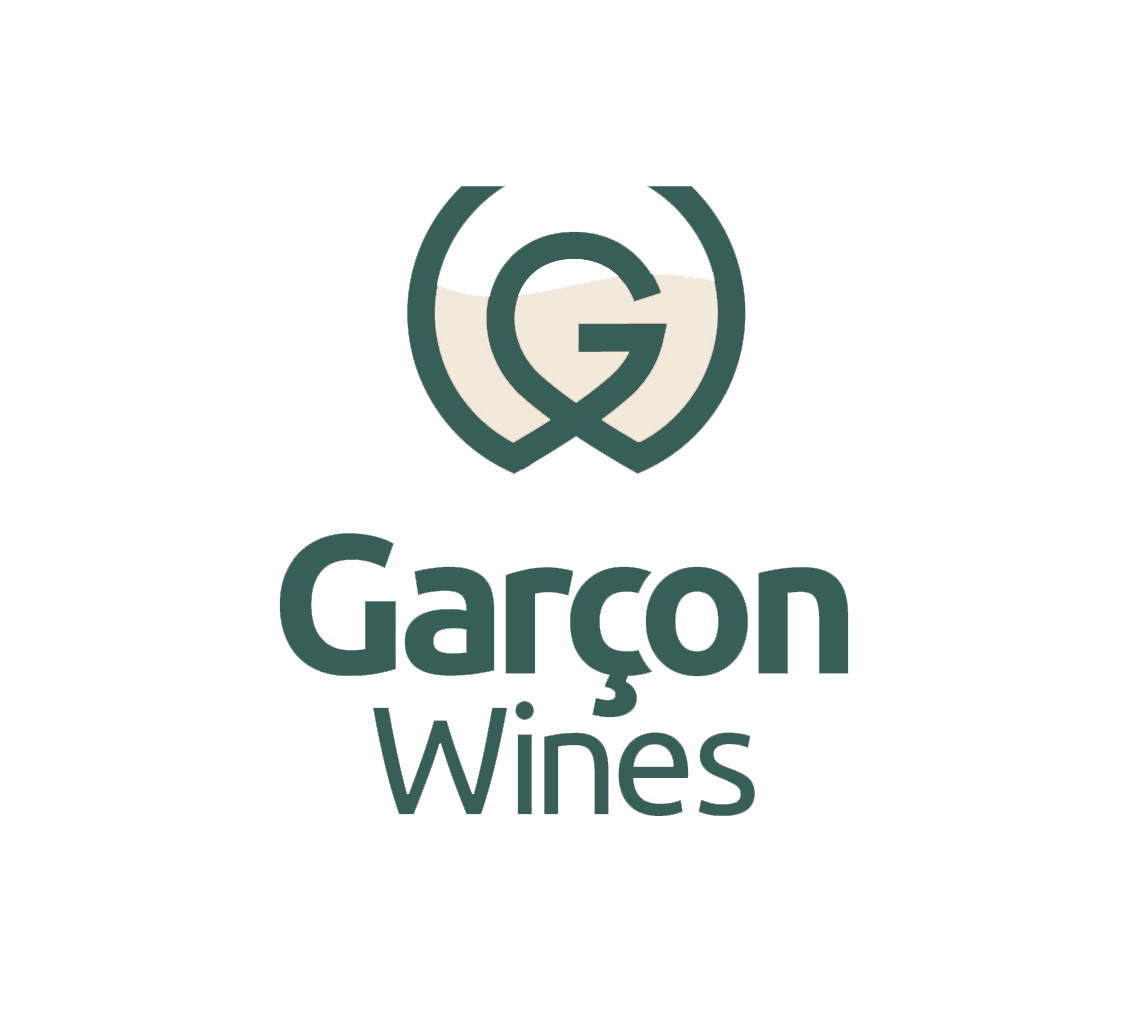
Want to know more? Check out Garçon Wines’ full profile here.
Congratulations again to Garçon Wines for ranking 9th in the “Surplus & Waste Management” category of the Foodtech 500 list.
To find out who else made it into the FoodTech 500; the top Food Tech companies in the world, click here.
For more FoodTech news, join our Food Revolution community here.
Follow us
Sponsored Articles
9 July 2025
Forward Fooding celebrates the selection of 12 pioneering startups for the inaugural pladis Accelerator Programme. From water lily popcorn to sugar-converting enzymes, these innovations represent the future of snacking, addressing obesity, sustainability, and personalized nutrition through cutting-edge food technology.
21 March 2025
Tim Ingmire, VP of Global Innovation & Technology at pladis, discusses how the snacking giant is supporting early-stage startups in foodtech, health, and sustainability through their accelerator program. Learn about their focus on personalized nutrition, functional foods, and future ingredients to bring innovative, delicious products to consumers worldwide.
8 February 2024
Future Food-Tech returns to San Francisco on March 21-22 Over 1,700 food-tech leaders, from CPG brands, retailers, ingredient providers, [...]
1 February 2023
The 4th edition of FoodTech 500 is taking off and we are excited to partner with NEOM for the third consecutive year to support the best international AgriFoodTech entrepreneurs.
10 February 2022
One of the elements we enjoy the most here at Forward Fooding about working with AgriFoodTech startups is being [...]
